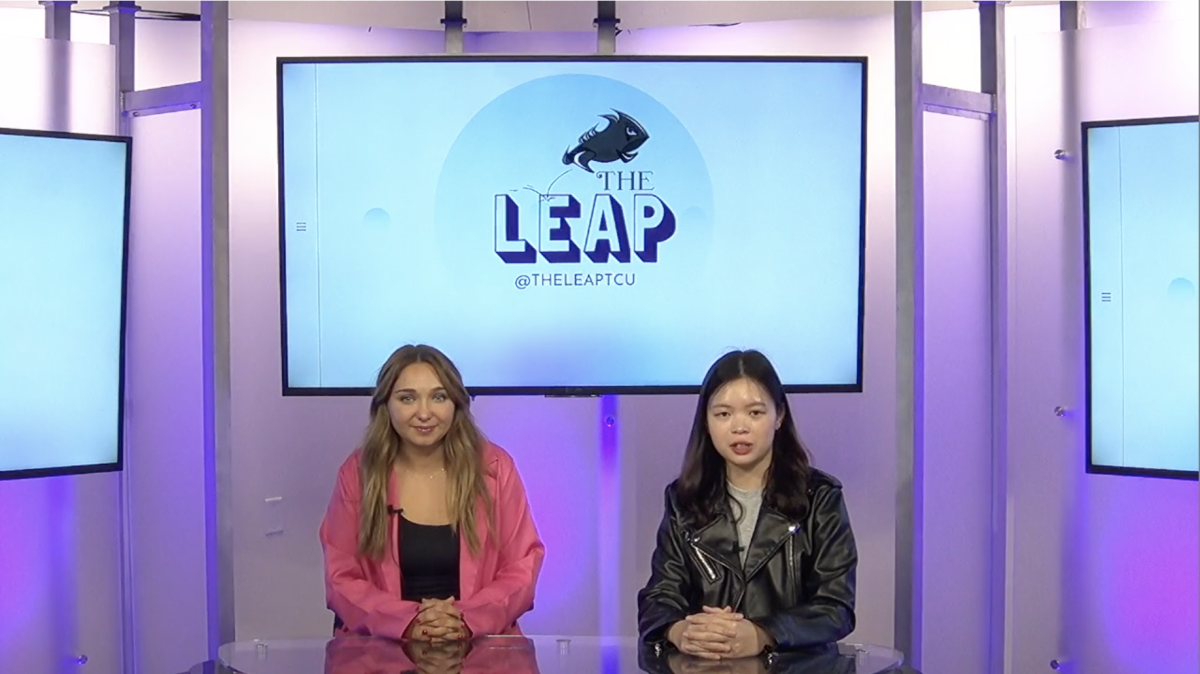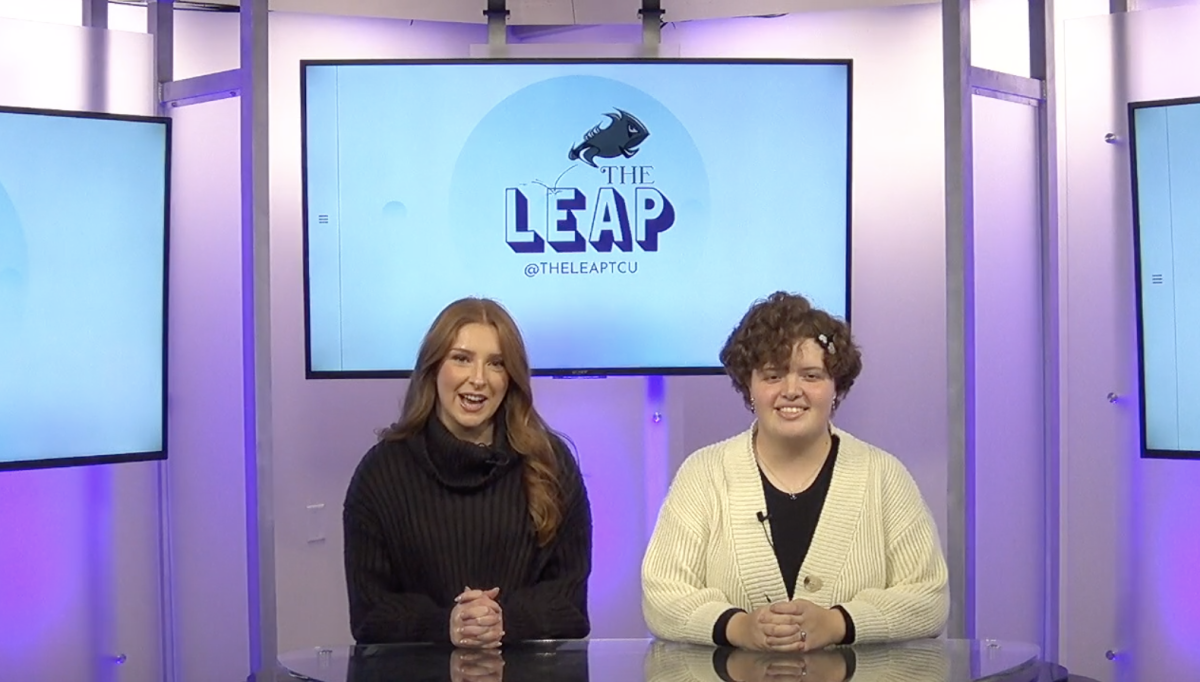The United States is, for now, the strongest world power. It is the most influential, polarizing, economically and militarily powerful country in the world. It has a reputation for democracy and opportunity unparalleled by any other nation.
By logic, the United States should have the best and brightest scholars in the world. Instead, America is ranked 31st in education out of 65 countries, falling behind in the fundamental fields of math, science and reading.
Faring poorly in international standings, America’s scholars are not even exceedingly intelligent according to their own country’s standards. Those standards are lower than those of many other countries, and only 72 percent of teenagers in America aged 12 to 17 are up to grade level expectations.
Several contributing factors have been proposed in an attempt to pin down the source of such disparity between where the education system in America should be and where it actually is. Insufficient funding for schools and ineffective education policies such as No Child Left Behind have been cited as potential problem sources.
A hugely overlooked part of the equation is the current culture in America. Obsessed with physical appearance, educational focus is no longer placed on developing marketable skills and problem-solving abilities for the future. Rather, the focus is on collecting statistics that paint the picture of a very talented and diversified up-and-coming group of leaders.
Several colleges have become so obsessed with image that they use dishonest policies to boost their own rankings, according to a blog post from The Chronicle of Higher Education. Baylor University paid accepted students to retake the SAT so they could report better scores. Claremont McKenna College went so far as to misreport each fall’s freshman class average SAT scores since 2005.
Schools place so much pressure on their teachers to ensure students reach certain scores on year-end standardized tests that scoring high often becomes the central focus of the class. Some schools will not permit teachers to fail students, asking teachers to allow multiple retakes, remedial tutoring and ‘minimum grades,’ no matter how poor the performance.
American students are exploiting the fact that they can get by without doing much work. Students have allowed teachers, parents and coaches to pass them along from grade to grade with ‘decent enough’ grades to get into college.
Children in America have the best educational arrangement there is. They show up to class, and the majority of the time do whatever amount of work they see fit, without fear of failure. This is all that is required to get into most community and public colleges, where the majority of young people are educated.
Once in college, even students who attended private schools, fail under the suddenly foreign amounts of coursework. Yet international students do not have these issues.
One reason behind this is better education in countries where the student is accountable for his or her own work. For example, in England or China an inadequate performance in pre-college years means a trade school education.
There is no easy solution to the problem of education inadequacy in the United States. Some have suggested that the International Baccalaureate (IB) program should replace Advanced Placement (AP) testing as a way to install a work ethic across a broad range of topics, creating modern day ‘renaissance students.’ A lessened reliance on standardized testing as a measure of true ability is another solution being supported by teachers who are tired of teaching to a test.
Americans obsess over images, but those images of grandeur are going to come crumbling down if the idea of genius students is not thrown away in favor of actually putting work into molding future minds.
Allana Wooley is a freshman anthropology and history double major from Marble Falls.






